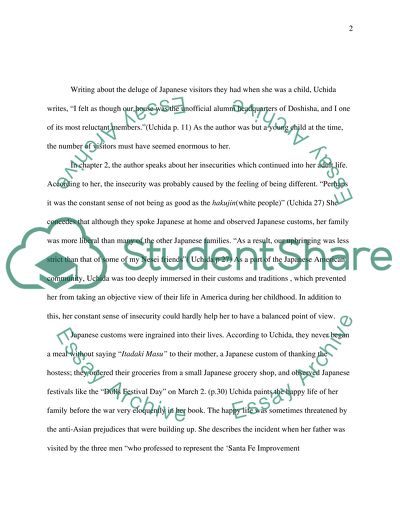Cite this document
(“Desert Exile Essay Example | Topics and Well Written Essays - 1000 words”, n.d.)
Retrieved from https://studentshare.org/miscellaneous/1554666-desert-exile
Retrieved from https://studentshare.org/miscellaneous/1554666-desert-exile
(Desert Exile Essay Example | Topics and Well Written Essays - 1000 Words)
https://studentshare.org/miscellaneous/1554666-desert-exile.
https://studentshare.org/miscellaneous/1554666-desert-exile.
“Desert Exile Essay Example | Topics and Well Written Essays - 1000 Words”, n.d. https://studentshare.org/miscellaneous/1554666-desert-exile.


